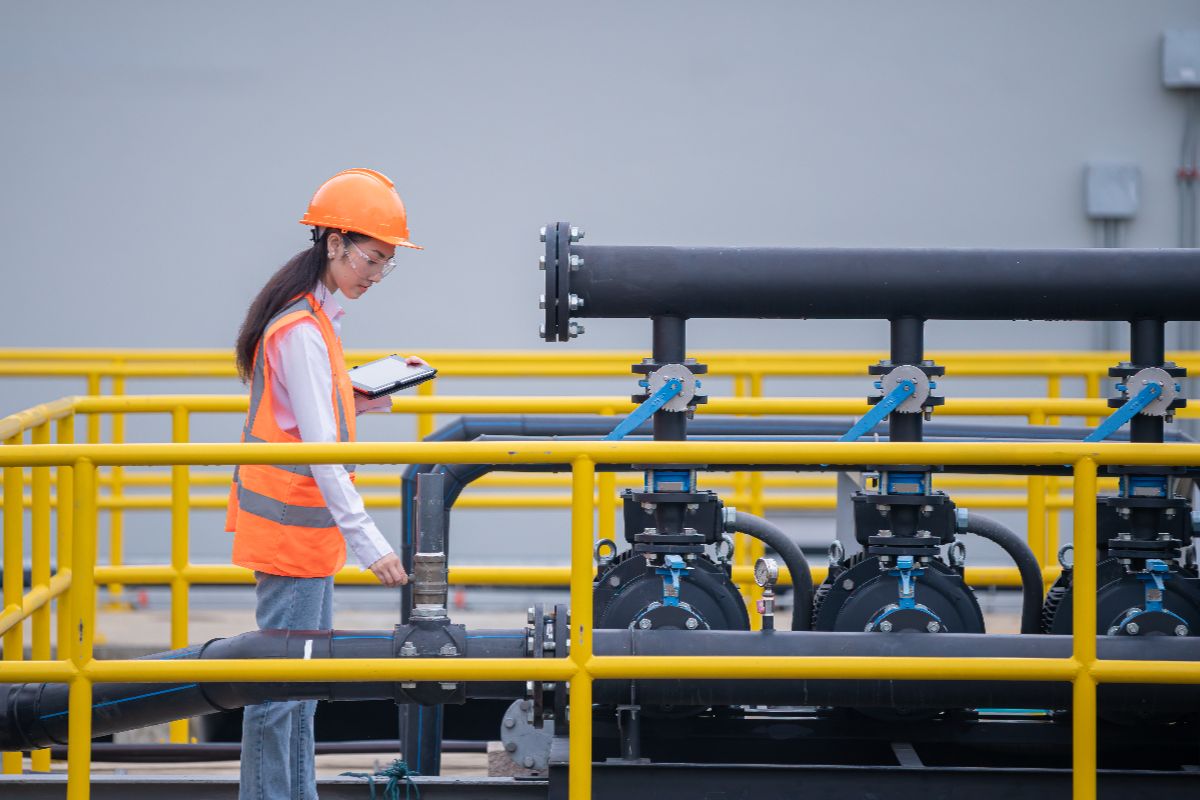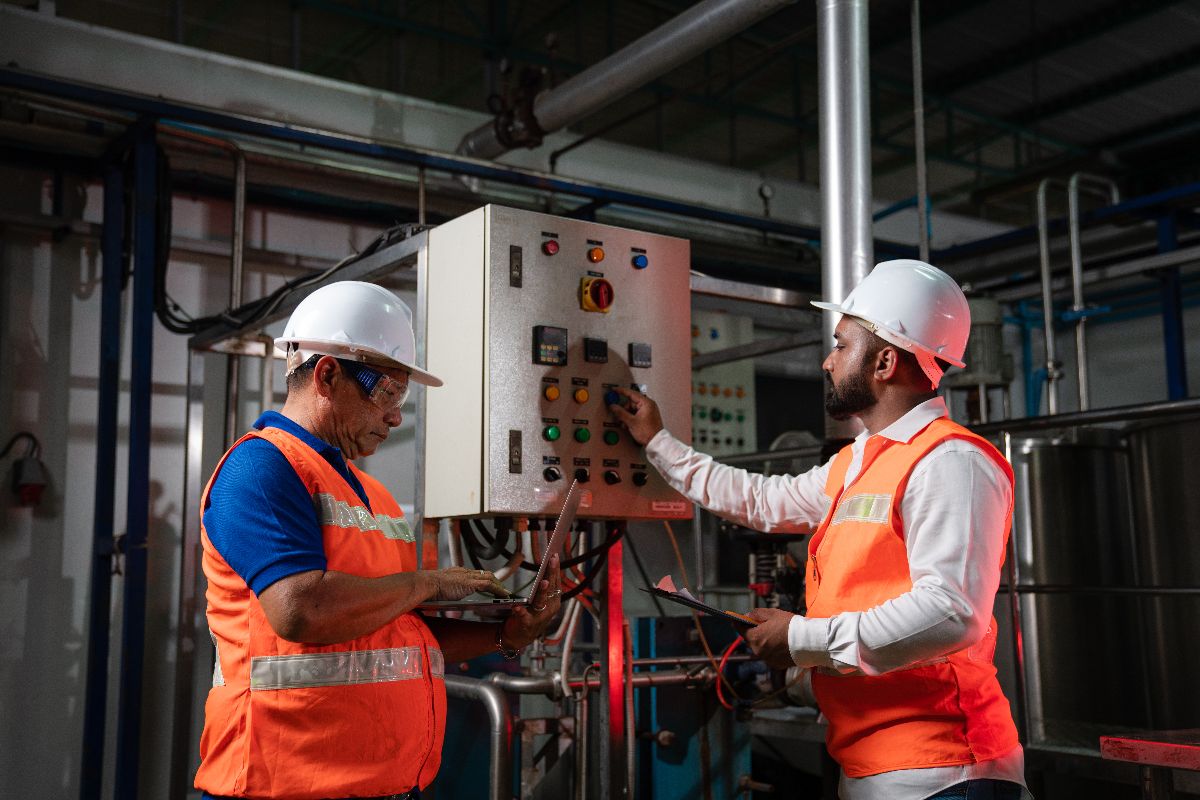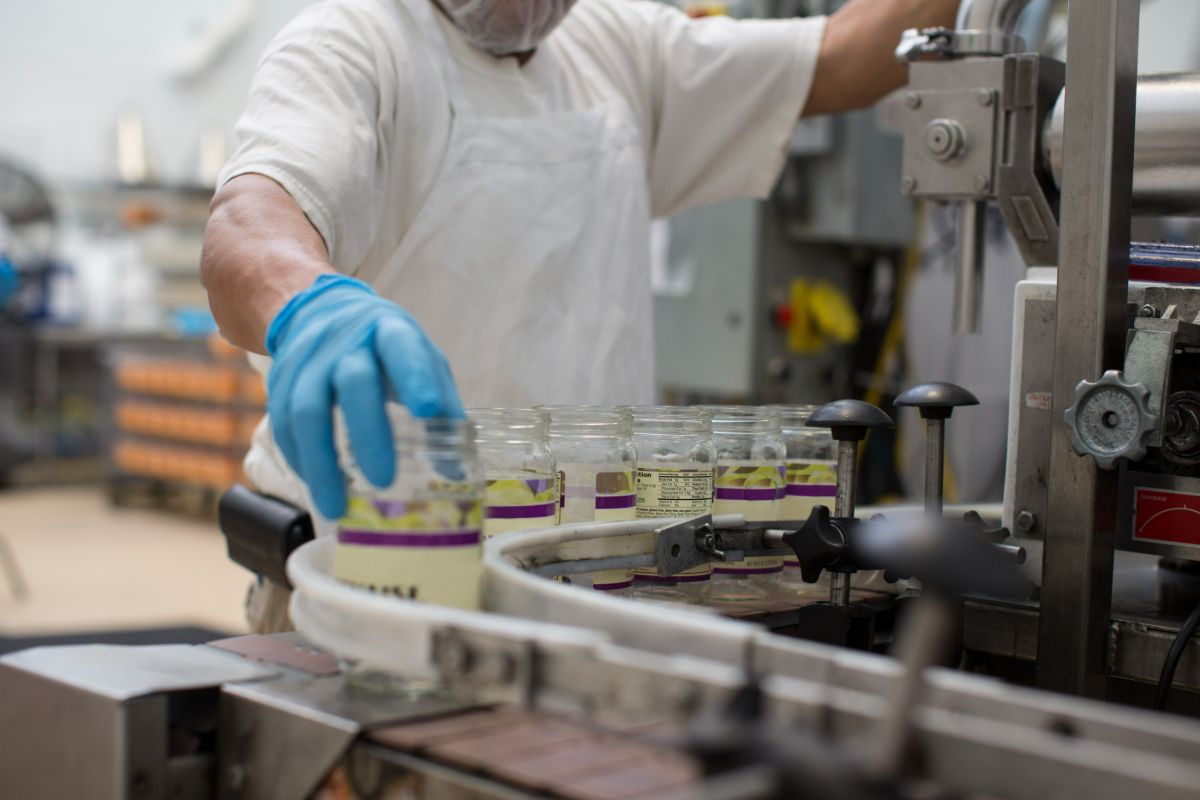5 Common Quality Concerns in Food Products
 August 14, 2025
August 14, 2025

What are the common concerns in food products?
- Inconsistent taste or texture
- Contamination (physical, chemical, or microbial)
- Incorrect labeling
- Shortened shelf life
- Unusual appearance or color
Overview
- Understanding quality concerns in food manufacturing matters because it enables manufacturing firms to address issues promptly when they make it into the production process.
- Many production concerns go overlooked. When left ignored, they lead to severe health risks and customer dissatisfaction that could harm the brand’s reputation.
- Industrial PH provides dependable solutions that help companies detect and correct issues before they can progress. By staying proactive with quality control, they can ensure their products are safe for consumption while protecting their brand and consumers from potential risks.
When food products fall short of their expected quality, it often points to overlooked issues during production. Small errors, such as faulty packaging or poor formulation, can lead to serious consequences if they reach consumers. Without a strong quality assurance process, these mistakes easily go undetected until it’s too late.
This is where Industrial PH can provide the proper support. As a leading provider of quality control systems in the Philippines, we supply manufacturers with dependable equipment to address common quality concerns in food products. Spotting these issues early is essential to maintaining product quality across batches. Read on to learn what these concerns are and how to manage them effectively.
Inconsistent Taste or Texture
A product that tastes different with each batch often points to failures in process control. This usually happens due to inconsistent ingredient ratios or cooking times, which cause noticeable changes in flavor and texture. These issues cause delays in later steps, like packaging, if left unaddressed. Operators may also need to halt operations entirely just to trace the root of the problem before it can affect entire batches.
By implementing proper measures, manufacturers can ensure every unit is uniform in quality. Using advanced monitoring tools helps detect formulation defects early on. The HEUFT CyBrigde.reciper allows quick recipe adjustments and shows real-time data of relevant production information, enabling teams to conduct corrective actions before defects go past manufacturing lines.
Contamination (Physical, Chemical, or Microbial)
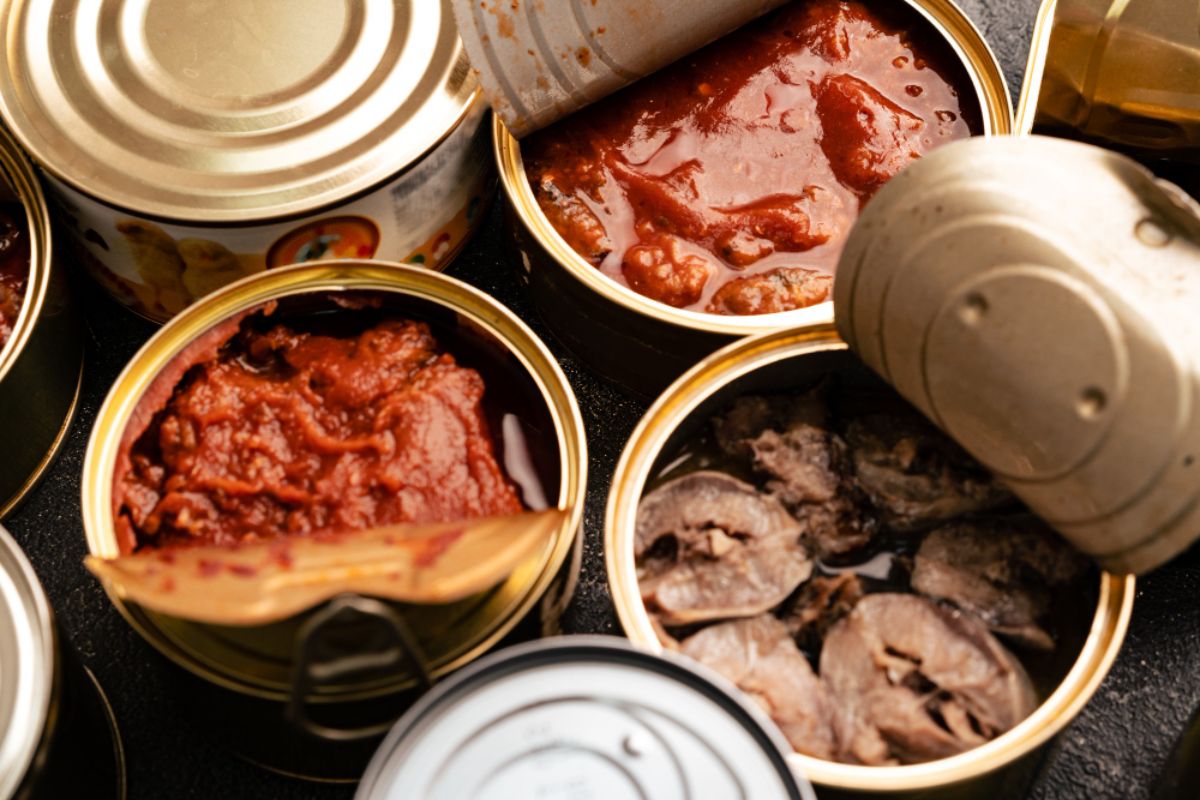
Bacterial growth. Metal scraps. Chemical residues. These contaminants pose serious safety risks. Since consumables are intended for public distribution, any trace of contamination can compromise consumer safety. To avoid this, manufacturers must conduct thorough quality checks at critical stages. This ensures that potential hazards are identified before units ever reach the market.
Contamination often stems from poor sanitation or exposure to unsafe materials. Regular cleaning, alongside using automated inspection systems, helps minimize these risks. These tools detect foreign objects and other irregularities before packaging begins. Catching issues early not only prevents unsafe goods from reaching customers but also helps companies stay compliant with strict food safety regulations.
Incorrect Labeling
Labeling plays a vital role in food manufacturing. It tells consumers what they need to know about a product and helps manufacturers strengthen traceability during audits. Systems like the HEUFT TORNADO II dynamically apply and check labels at high speeds using built-in cameras and sensors. This ensures that every label is placed correctly, providing customers with the necessary information to protect their well-being.
Mistakes in this process lead to severe regulatory penalties due to the health risks they may pose. Missing allergen warnings, wrong nutrition facts, or incorrect date stamps all pose harm to consumers. This is especially dangerous in chocolates and snacks, where ingredients like nuts are common allergens. One incorrect label could lead to life-threatening allergic reactions and trigger widespread product recalls.
Shortened Shelf Life
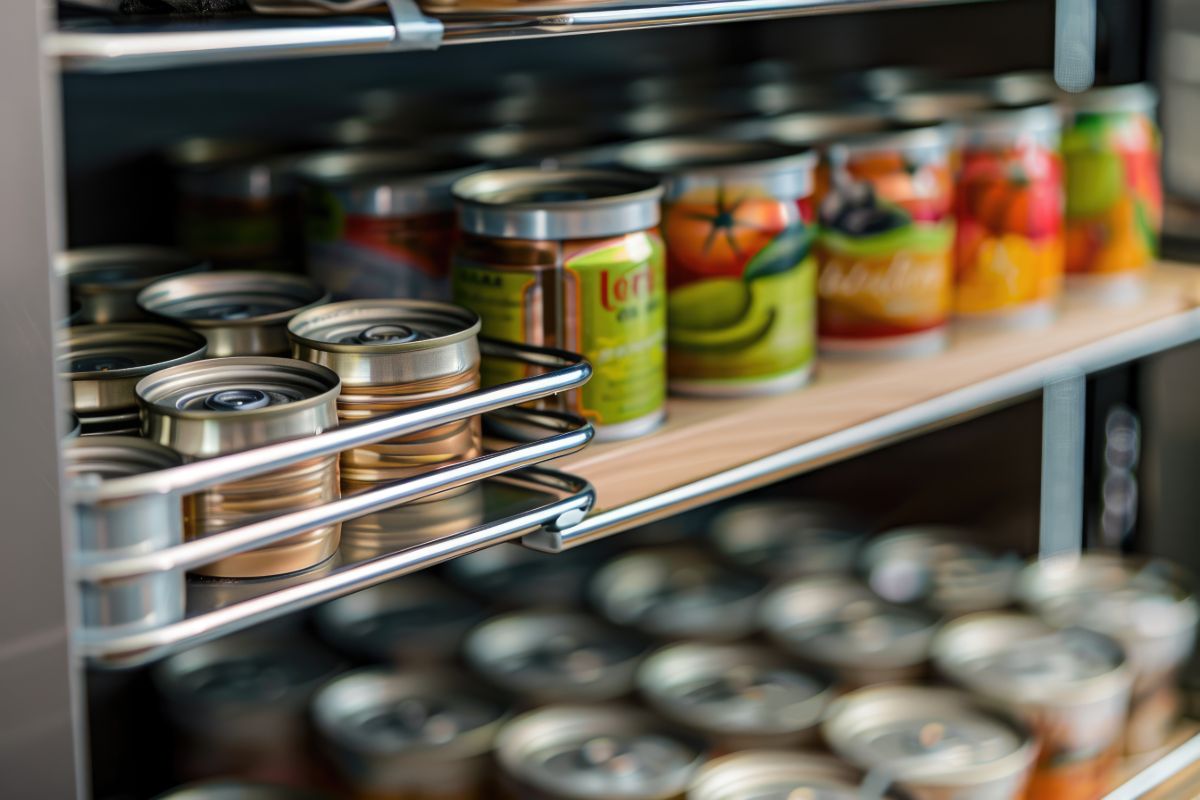
Shorter product lifespans frequently go unnoticed until they affect freshness during storage or distribution. Signs like premature spoilage in dairy, beverages, and ready-to-eat meals indicate problems in the packaging process. Instead of relying solely on visible defects, manufacturers must use automated systems to assess what issues are affecting shelf life stability.
With the real-time monitoring features of the HEUFT PROFILER, manufacturers can regularly review relevant production data—such as temperature and equipment performance—to spot which parts of the process contribute to early spoilage. For instance, if one packaging line consistently produces items that expire ahead of schedule, it may indicate there are issues with the sealing equipment. Identifying these issues early on ensures products stay fresh as labeled when they reach customers.
Unusual Appearance or Color
Manufacturers must also focus on addressing visual defects. Such issues are often a result of incorrect formulation and uneven processing. Unusual appearances signal spoilage, contamination, or poor ingredient mixing. If not caught early, flawed products may reach shelves and negatively affect how a customer perceives their quality.
Automated systems can detect these changes by comparing items to specified visual standards. If a food product’s unusually dark color is detected, advanced technologies will determine that it’s overcooked and immediately eliminate it from the batch. This helps manufacturers get rid of flawed goods before they can proceed deeper into the production line, maintaining efficiency and safety throughout operations.
Key Takeaway
Staying aware of common quality concerns in food products is essential for any food manufacturing company. Having adequate knowledge allows them to identify weak points in their operations before they can turn into costly issues down the line.
Each risk can be effectively addressed through advanced quality assurance systems. With Industrial PH’s reliable technologies, companies can protect both their consumers and their reputation by staying proactive with quality control in every stage of production. Contact us today to learn more about how our products can prevent quality issues before they impact your operations.
